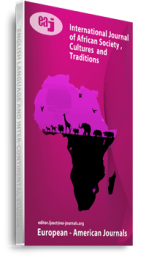Catholic Social Justice teaching is the body of doctrine developed by the Catholic Church on matters of poverty and wealth, economics, social organization and the role of the state. Its foundations are widely considered to have been laid by Pope Leo XIII‘s 1891 encyclical letter Rerum Novarum, which advocated economic distributism and condemned both Capitalism and Socialism, although its roots can be traced to the writings of Catholic thinkers such as St. Thomas Aquinas and St. Augustine of Hippo, and is also derived from concepts present in the Bible. Among the social issues addressed by the teachings is the place and relevance of work in human life. According to the teachings, Work is more than a way to make a living; it is a form of continuing participation in God’s creation. If the dignity of work is to be protected, then the basic rights of workers must be respected-the right to productive work, to decent and fair wages, to the organization and joining of unions, to private property, and to economic initiative. How can these teachings be made relevant to the African context and Church? An attempt to answer this important question is embedded in the dialogue between this body of doctrine and the African world view. Such a dialogue must consider the nature African thought systems and world-views as found in African Philosophy and more specifically the philosophies of Ubuntu and Communalism. This paper therefore discusses the responses of African Philosophy in contextualize the Catholic Social Teachings in Africa.
Keywords: African Philosophy, Catholic, Communalism, Rerum Novarum, Social Justice, Ubuntu

